As one of the world’s top tourist destinations, the United Kingdom (UK) has no shortage of interesting things to see and do. England, Scotland, Wales, and Northern Ireland each have distinct histories and cultures, as well as their own major attractions.
But to protect your electronic devices, you will need to understand the basics of the regional outlets and plug requirements. This quick guide will give you insight into the best power adapter and how to ensure your phones, laptops, kindles, tablets, etc. are not damaged. We’ll also cover some additional packing list items that will make your life way easier!




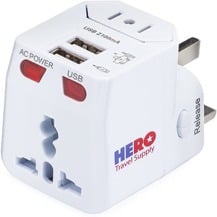
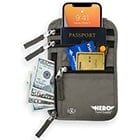
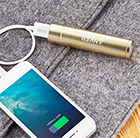




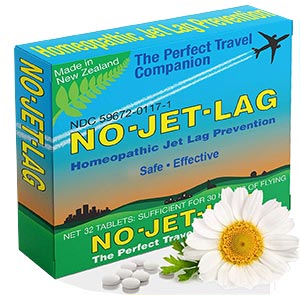
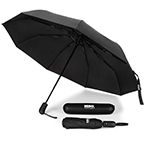

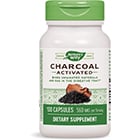
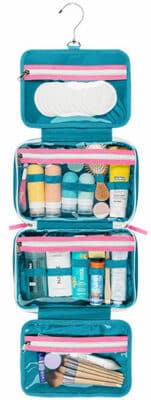
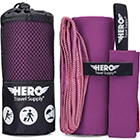

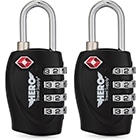



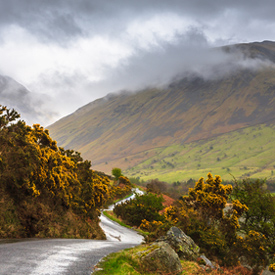 Spring and fall are generally the best times of year to travel to the UK. Most of the country is relatively dry during these months (although it can rain anytime), and the temperatures are warm but not too hot. You’ll also avoid the higher prices and the crowds that come in the summer, especially if you go before May or after September. Be sure to check current
Spring and fall are generally the best times of year to travel to the UK. Most of the country is relatively dry during these months (although it can rain anytime), and the temperatures are warm but not too hot. You’ll also avoid the higher prices and the crowds that come in the summer, especially if you go before May or after September. Be sure to check current 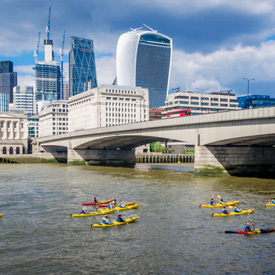 A city of over eight million people and one of the world’s most beloved travel destinations, London has more than enough attractions to occupy visitors for weeks.
A city of over eight million people and one of the world’s most beloved travel destinations, London has more than enough attractions to occupy visitors for weeks.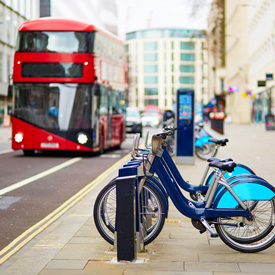 London is famous for the Tube, which, along with its extensive bus routes, connects most of the city.
London is famous for the Tube, which, along with its extensive bus routes, connects most of the city.